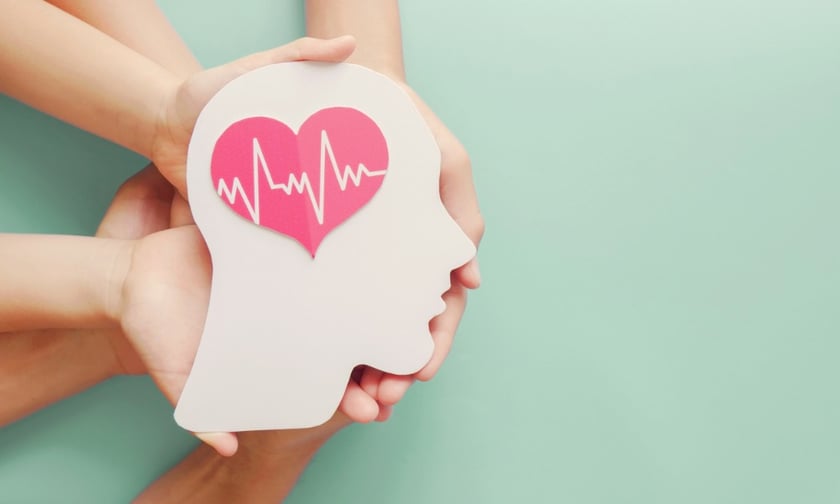

While British Columbians are feeling more hopeful than ever since the onset of the COVID-19 pandemic, a new survey by benefits provider Pacific Blue Cross has found that mental health supports and services offered through employers’ group plans are considerably underutilized.
According to the report, 62% of the 1,003 adult British Columbian participants are covered under either a group or personal health benefits plan. But only 39% of that group had considered using mental health-related services or tools, and an even lower 18% followed through with their decision and used the services.
Pacific Blue Cross has attributed this underutilization to a lack of knowledge, noting that over half of the surveyed who have employee benefits had indicated that they are not sure if they have access to mental support services.
"It is important that employers and HR specialists continue to provide employees with adequate education on benefits plans and communicate with clarity and on a regular basis," commented Pacific Blue Cross associate vice president of work & wellness Brooke Moss.
Yet despite these findings, Pacific Blue Cross uncovered that 70% of British Columbians reported a positive mental rating (“excellent” or “very good/good”), which is 13% more than January 2021, at the height of the pandemic. The survey also found that 31% of the respondents had said that they expect improvements in their mental wellbeing over the next few months.
As promising as the results are, Pacific Blue Cross highlighted certain gaps which deserve attention:
